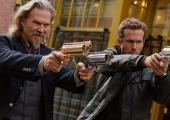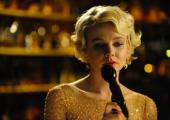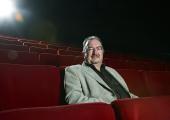Dallas Buyers Club

Matthew McConaughey and Jared Leto give graceful turns in a clumsy drama
Extreme physical transformation is a double-edged sword for actors. Setting aside the metabolic repercussions of shedding huge amounts of weight from an already lean frame, as Matthew McConaughey did for the role of rodeo cowboy and accidental AIDS activist Ron Woodroof, there’s a risk that the aesthetic will distract from the work.
This is a performance for which McConaughey is almost guaranteed to net the Best Actor Oscar next month, composing the highest peak yet in what has been one of the most efficient and absolute career turnarounds ever witnessed in Hollywood. It’s a full-blooded, ferocious turn, and a much-needed shot of adrenalin to the heart of Jean-Marc Vallée’s oddly staid drama.
We’re introduced to Ron days before his diagnosis with advanced AIDS in 1986, doom already writ large on McConaughey’s emaciated form. The calm before the storm unfolds in brutal, staccato snapshots: the presumed moment of his infection, his day job as an electrician interrupted by abrupt bloodshed, his eventual collapse. As a red-blooded, openly homophobic Texan and renowned “pussy addict”, Ron’s kneejerk response to his death sentence is belligerent denial, followed swiftly by proactive denial.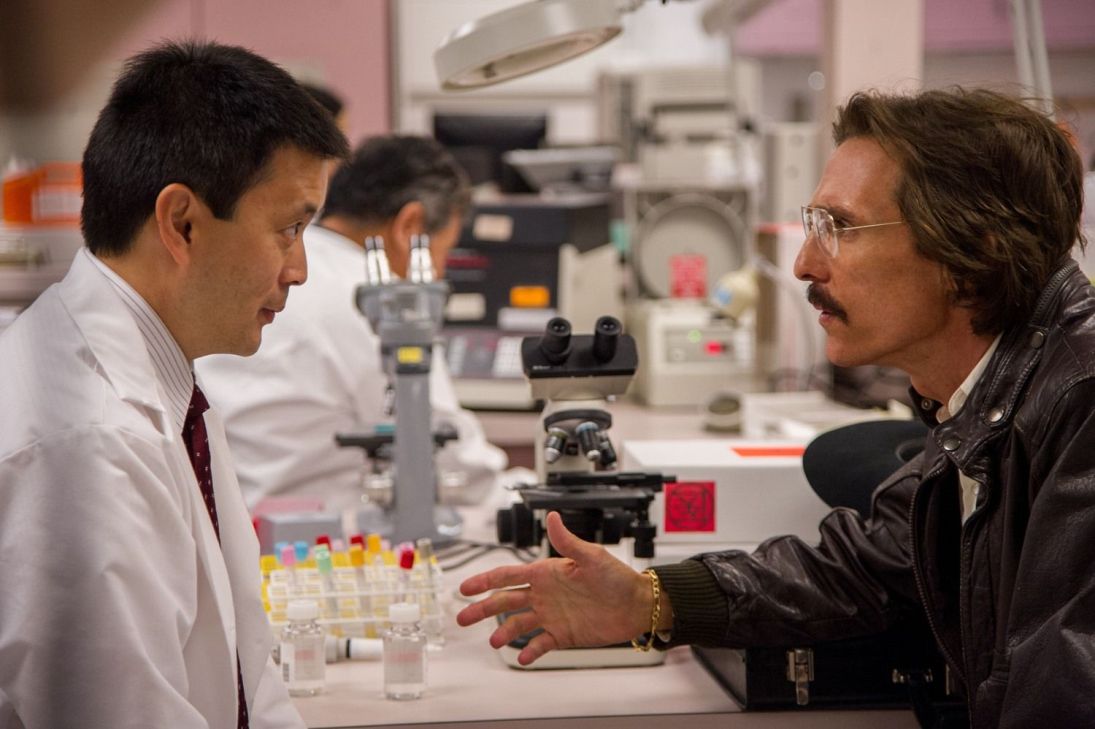 His never-say-die tenacity leads him into semi-inadvertent battle with the FDA – in a bid to extend his own life, he drives across the border to Mexico having been denied access to the still-in-trials drug AZT, and ends up instead with an early version of the AIDS "cocktail" still widely prescribed today. Where AZT had only landed him back in hospital, the cocktail restores him to some measure of health, and thus begins the caper movie element of Dallas Buyers Club, with Ron dreaming up increasingly inventive ways to smuggle and distribute these medications to a growing HIV-positive community.
His never-say-die tenacity leads him into semi-inadvertent battle with the FDA – in a bid to extend his own life, he drives across the border to Mexico having been denied access to the still-in-trials drug AZT, and ends up instead with an early version of the AIDS "cocktail" still widely prescribed today. Where AZT had only landed him back in hospital, the cocktail restores him to some measure of health, and thus begins the caper movie element of Dallas Buyers Club, with Ron dreaming up increasingly inventive ways to smuggle and distribute these medications to a growing HIV-positive community.
Running alongside all this is the touching relationship between Ron and fellow patient Rayon (Jared Leto), a transgender woman whose blithe sweetness gradually sands down Ron’s rougher edges. While the erosion of Ron’s bigotry isn’t always convincingly drawn – his cartoonishly thuggish friends are rolled out as less-than-subtle benchmarks – every moment between McConaughey and Leto feels genuine.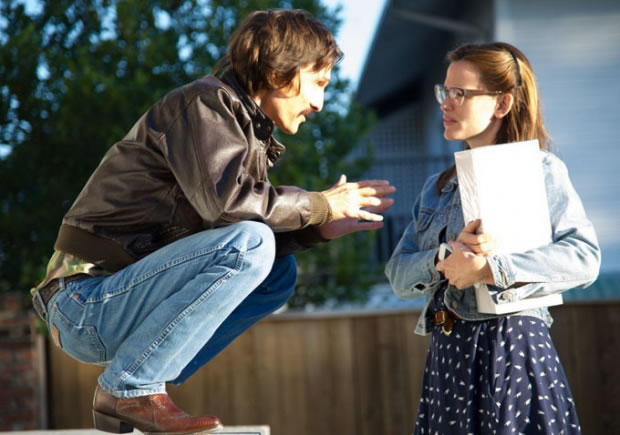 But as the film becomes more bogged down in a half-hearted morality story about federal government and a related subplot surrounding Jennifer Garner’s bland doctor Eve (pictured left), you’re left longing for more time with Leto’s achingly moving performance. Garner does nothing to improve what’s already a clunky role; spouting indignant lines like “What do the FDA know about treating patients?”, she’s a morality delivery device rather than a character, which makes her dynamic with Ron ring hollow.
But as the film becomes more bogged down in a half-hearted morality story about federal government and a related subplot surrounding Jennifer Garner’s bland doctor Eve (pictured left), you’re left longing for more time with Leto’s achingly moving performance. Garner does nothing to improve what’s already a clunky role; spouting indignant lines like “What do the FDA know about treating patients?”, she’s a morality delivery device rather than a character, which makes her dynamic with Ron ring hollow.
It’s Craig Borten and Melisa Wallack’s script that most consistently rankles; the strangely sporadic use of title cards to mark the passage of time is symptomatic of an overall awkwardness. The thread of Ron’s motivation – much like in Steven Spielberg’s Schindler’s List, the question is where the line sits between shrewd business sense and genuine philanthropy – becomes less and less well defined, but McConaughey’s work is so rigorously consistent it’s hard to notice.
Dallas Buyers Club feels closer to a wasted opportunity than a triumph, although its success in bringing a remarkable and little-told story to a wider audience must be lauded. It’s a dated, often clumsy drama buoyed by two eminently fresh and graceful performances.
Overleaf: watch the trailer to Dallas Buyers Club


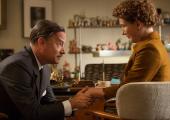
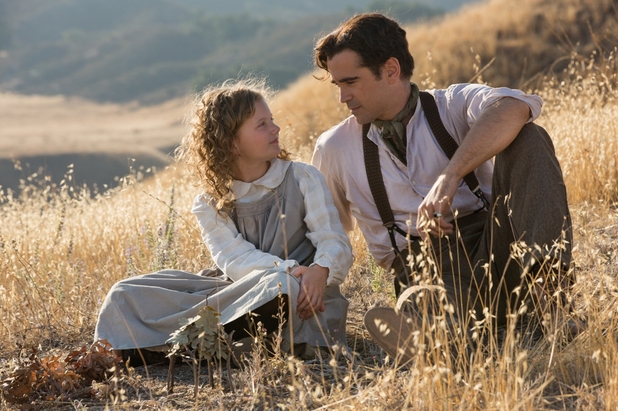 The clash between Disney, poised to succeed after 20 years of trying, and Travers, adamant to preserve her vision after 20 years of resistance, flashes back and forth from the 1960s to Travers’s girlhood in 1907 Queensland, Australia. Her father (
The clash between Disney, poised to succeed after 20 years of trying, and Travers, adamant to preserve her vision after 20 years of resistance, flashes back and forth from the 1960s to Travers’s girlhood in 1907 Queensland, Australia. Her father (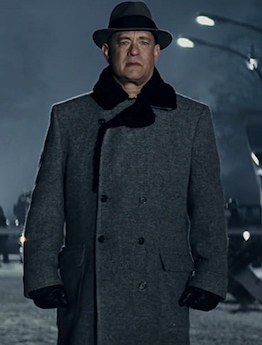
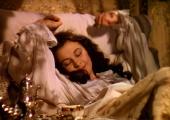

 Meanwhile, peculiar gangster type Reiner (Javier Bardem) and his even stranger girlfriend, Malkina (Cameron Diaz, pictured with Cruz), have so much money to burn that she has silver fingernails and they spend the whole day watching a pair of tame cheetahs chase hares over the plains. A deeper discussion includes the line, "I think truth has no temperature." Hearing this, the audience know they're in trouble. But as this is McCarthy, we're attempting art, so we'll hang on. Oh, that “car scene” – Diaz’s character rubs herself against a windscreen - is not as shocking as it sounds. Reiner’s reaction, however, is worth the ticket price. The whole sequence is sexy, off-putting and hilarious.
Meanwhile, peculiar gangster type Reiner (Javier Bardem) and his even stranger girlfriend, Malkina (Cameron Diaz, pictured with Cruz), have so much money to burn that she has silver fingernails and they spend the whole day watching a pair of tame cheetahs chase hares over the plains. A deeper discussion includes the line, "I think truth has no temperature." Hearing this, the audience know they're in trouble. But as this is McCarthy, we're attempting art, so we'll hang on. Oh, that “car scene” – Diaz’s character rubs herself against a windscreen - is not as shocking as it sounds. Reiner’s reaction, however, is worth the ticket price. The whole sequence is sexy, off-putting and hilarious.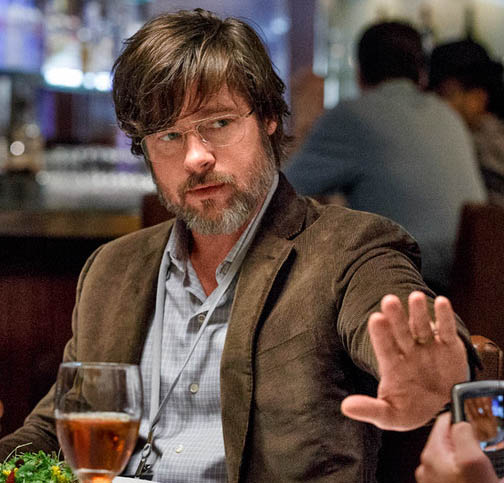
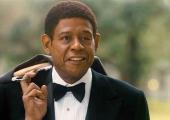
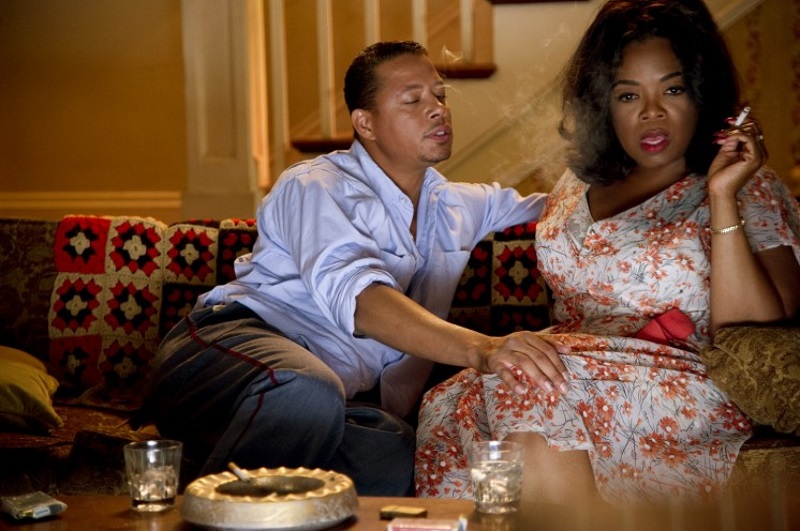 When Maynard turns down a job in Washington DC, he puts Cecil up for it. Serving in a posh hotel soon leads to a call from the White House where scary Freddie Fallows (Colman Domingo), a White House maître d’, subjects Cecil to a tough interview.
When Maynard turns down a job in Washington DC, he puts Cecil up for it. Serving in a posh hotel soon leads to a call from the White House where scary Freddie Fallows (Colman Domingo), a White House maître d’, subjects Cecil to a tough interview.
